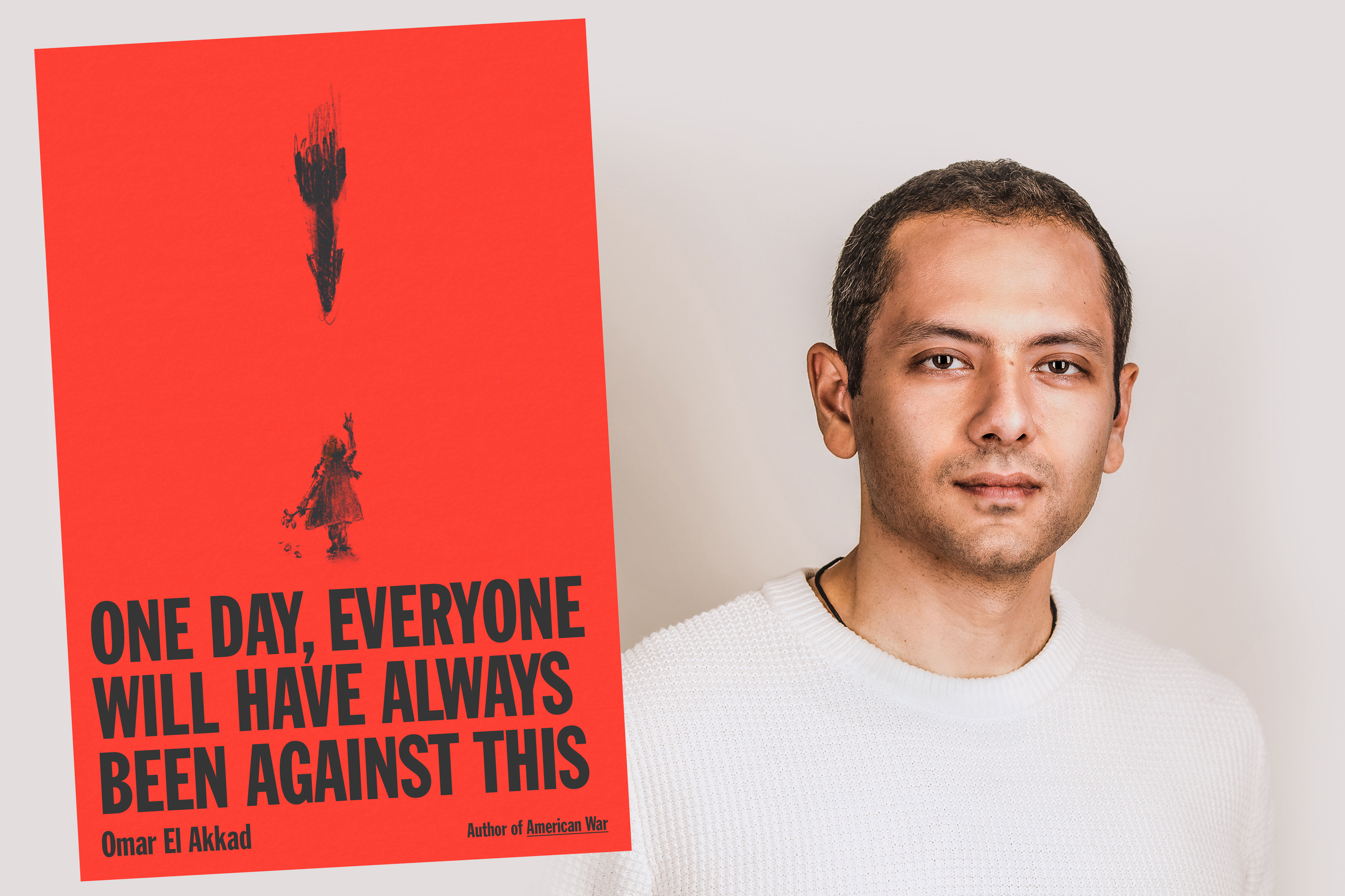
Here's What You Need to Know About Portland's Upcoming Election
Get Verified
Register, change parties, or update an address at sos.oregon.gov/voting. If you’ve obtained or renewed an Oregon driver’s license since 2016, you were automatically registered to vote under the state’s motor-voter law. If you didn’t send back the follow-up card that came in the mail, you might be one of a million Oregon voters who aren’t affiliated with a party. No license or other DMV-issued ID? No problem, but you’ll have to print and mail a form or visit a county elections office. For this fall’s election, register by October 13.
Salem's Lot
Oregonians elect a governor, secretary of state, treasurer, and judges for the state court of appeals and state supreme court, as well as two US senators. There is no lieutenant governor, so the secretary of state (who might be from a different party) is next in line if the governor dies or resigns. The state hasn’t elected a governor from outside the Willamette Valley’s Portland-Salem-Eugene corridor since the 1940s.
Mail, Baby, Mail!
As the pandemic complicated primaries across the country, other states tried to catch up with Oregon, which conducts all elections by mail thanks to a 1998 ballot measure. Ballots are mailed three weeks before an election—along with a helpful voter’s pamphlet to use as a reference while you vote—and they’re due back by 8 p.m. on Election Day. They must arrive at their destination by then or be in an official ballot box; it’s not a postmark deadline like taxes (or mail-in ballots in some other states, such as California). Be sure to sign the outer envelope before you turn in your ballot: elections officials can check that against the signature on a voter’s registration. “I loved the tradition of going to the polls, that crunch of autumn leaves under blue autumn sky,” says ’90s-era Oregon Secretary of State Phil Kiesling. “Well, the reality is it’s often rainy, you’ve got sick kids, you’re having to work late. We were confusing a particular ritual of democracy with the essence of it, which is participation.” In a presidential election year, expect around 80 percent turnout.
Zone, City, County, Region, Huh?
Most Portland residents don’t live just in Portland. They’re also in a particular zone to elect a councilor for Metro (the regional government that manages land use planning, garbage, recycling, and some parks and venues, including the Oregon Zoo); one to select a member of the board of the Multnomah Education Service District (which runs various programs and supports Outdoor School); another zone for the local soil and water conservation district; another to elect someone for the county commission; house and senate districts for state government; and a congressional district (the First, Third, and Fifth all overlap with the metro area). Only voters in those zones or districts can vote in those races, though the Metro president and auditor and two MESD board members are elected at large. The Portland Public Schools board has zones its members need to come from, too, but residents of the whole district get to vote on them. There’s no requirement for geographic diversity on Portland City Council: the mayor and other four commissioners could all live in the same Pearl District converted loft and fight with each other, à la MTV’s The Real World. Locally, we also elect a city auditor, a county auditor, a county sheriff, and county circuit court judges.
We're Not All Hippies
Statewide, about a million registered voters are Democrats, with plenty in parties further to the left. But 780,000 Oregonians voted for Donald Trump in 2016, and in 23 of 36 counties GOPers outnumber Democrats.
Party People
Local offices are nonpartisan, but to weigh in on most state and federal races in the primary voters need to be registered Democrats or Republicans. Third parties run their own selection process. In 2020 the Independent Party opened its online primary to nonaffiliated voters, too.
The Constitution Is Weird
Oregon’s constitution has stronger protections than the federal one when it comes to freedom of speech and expression (hence all our strip clubs and cities’ inability to ban them), but it also includes some downright nasty stuff, much of which stayed on the books a shockingly long time. In order to change something in the state constitution, the whole state has to vote on it, prompted by either a referral from the legislature or a citizens’ initiative. A section banning new Black residents in the state, for example, wasn’t repealed until 1926—and even then nearly 40 percent of voters wanted to keep the racist policy.
One Person, One Vote
In 2019, Oregon became the 15th state to join the National Popular Vote Interstate Compact, which would toss our seven piddly electoral votes to the presidential candidate who gets the most in the US overall, in effect abolishing the electoral college—but only if enough other states join the compact so that their total electoral votes would reach 270, the number needed to elect a president.




